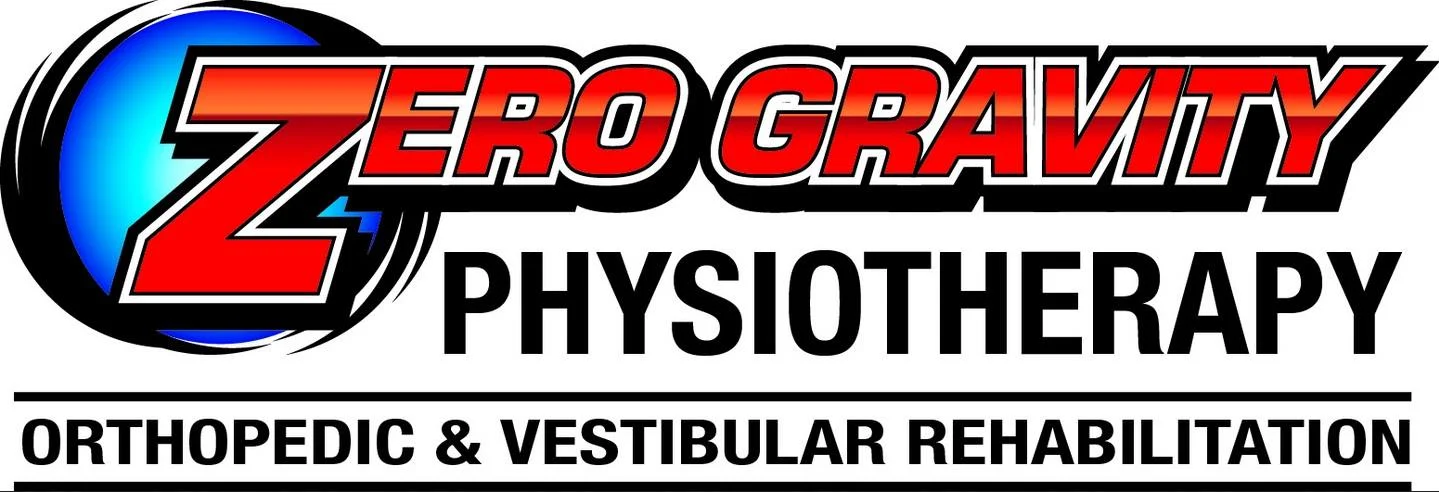Concussion Management
Following a concussion, the “sitting in a dark room” approach is only effective for so long (and in fact, research shows this practice has limited value beyond the first few days following the injury!).
Concussions, like any other physical injury, should be properly managed and rehabilitated. While physical and cognitive rest is the mainstay of acute concussion care, having a health professional guide you through this step-by-step may prove to be invaluable.
Recovering from a concussion can be a difficult and frustrating time. Zero Gravity Physiotherapy understands that each patient is affected differently, and as such, requires individualized care. Zero Gravity Physiotherapy has undergone training and education through The Shift Concussion Management Program, an evidence-based educational platform for Health Professionals working with concussion patients.
Management strategies are used to limit the amount of impairment as well as expedite recovery as much as possible. These strategies may include any one or a combination of the following and are case-dependent:
✓ Education around the injury, strategies for rest and recovery
✓ Instruction around home, work, or school activity restriction and accommodations
✓ Manual/physical therapy for associated complaints (neck pain, whiplash, etc.)
✓ Vestibular and oculomotor rehabilitation for dizziness, motion sensitivity and visual complaints
✓ Physical exertion testing and rehabilitation for return to an active lifestyle
For athletes and those participating in sport, it is recommended that a step-wise process of physical exertion testing be completed once the patient is free of symptoms. Similar to weight training, athletes recovering from a concussion should not skip to 100% exertion from 0% in a short time frame. Physical exertion testing is important not only for physical re-conditioning, but to guard against symptom relapse and help prevent premature return-to-sport.
I may have a concussion: what do I do?
Schedule an appointment to see your GP as soon as possible. It is not usually necessary to visit the ER unless your symptoms are severe and/or rapidly worsening. It is not usually necessary to have someone wake you in the night – get a good night’s sleep, and nap when you need to during the first 24-72 hours after the injury (daytime napping is not advised beyond this early phase). Limit use of your phone, TV, computer and limit reading and tasks requiring visual and cognitive demand. You may need time off work or school in the early stages. If a Concussion is diagnosed, visit Zero Gravity Physiotherapy.
Signs and Symptoms of Concussion:
✓ Headache ✓ Head “Pressure” ✓ Dizziness ✓ Light-Headedness ✓ Nausea/Vomiting ✓ Blurred or Strained Vision ✓ Balance Problems ✓ Sensitivity to Light ✓ Sensitivity to Noise ✓ Feeling “Slowed Down” ✓ Feeling “In a Fog” ✓ Not Feeling “Right” ✓ Difficulty Concentrating ✓ Fatigue/Drowsiness ✓ Difficulty Sleeping ✓ Excessive Sleepiness ✓ Memory Problems ✓ Sadness, Anxiety ✓ Irritability ✓ Feeling More Emotional

